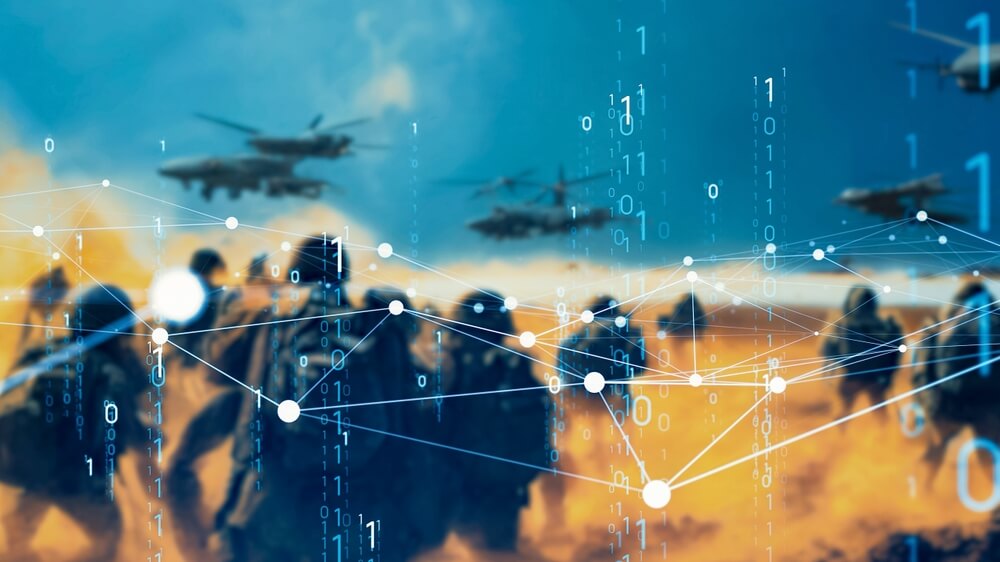
Securing Artificial Intelligence is Vital to New Command, Control Network
Cross-domain security technologies can provide a secure bridge to enable secure data exchange.

Cross-domain security technologies can provide a secure bridge to enable secure data exchange.

The catastrophic export control failures of both the Netherlands and E.U. mean this challenge must now be addressed by other approaches available to NATO nations.

Warfighters may be unknowingly revealing sensitive patterns of strategic thought through their interactions with commercial AI systems.

Successful defense across land, sea, air, space and cyberspace depends on technology that can perform reliably across multiple domains and with limited connection.

As the volume of data fed into artificial intelligence models increases and its velocity accelerates, the attack surface grows.

An accurate digital twin could guide Navy maintenance and avoid the costly surprises often found when shipyard workers open sections of a ship below deck and behind bulkheads.

As the Pentagon works to operationalize AI and data at scale, generative AI is driving efficiency and mission-readiness across the military services.

Investments by the U.S. in artificial intelligence signal a bold leap in defense modernization, but they also introduce new cyber risks.

The Department of Defense has an opportunity to rethink its traditional approach to protecting operational technology systems.

Artificial intelligence should have a role in any unified threat intelligence strategy for the U.S. military, because of its incredible potential to accelerate production of actionable intelligence and decision-advantage workflows.

The escalating frequency and intensity of wildfires demands something new to combat them — a wholesale embrace of the most powerful technology available: military-grade artificial intelligence.

Recent advances in artificial intelligence technologies are prompting a growing number of experts to raise the alarm about the capabilities of so-called generative AI to lock us inside blinding illusions that erode democracy.

A practical solution to disinformation must bring together experts from computer science with researchers in social and behavioral sciences, the humanities and user communities to develop strategies that “inoculate” users and empower them to protect themselves.

A growing domestic movement is seeking to gain power by discrediting, rigging and subverting the trusted procedures and mechanisms of America’s democratic self-governance. A group of experts at the University of Buffalo is helping to combat the threats by closely scrutinizing the existing legal treatment of speech and information and the media in which they appear.

The warped reality of disinformation spreading online is a national security risk requiring an all-hands-on-deck approach to thwart the growing dangers. In this three-part series, experts at the University of Buffalo’s Center for Information Integrity assess the threats, the danger they pose, and a range of possible solutions.
First in a three-part series…